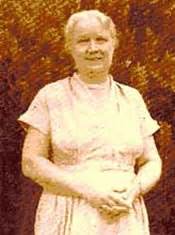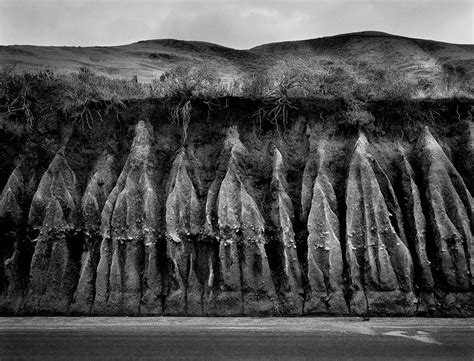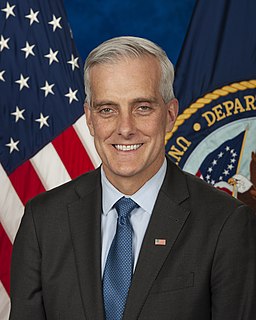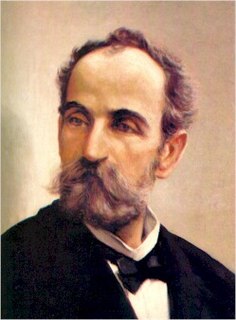A Quote by Hannah Hurnard
I have tried to show as clearly as possible that the very characteristics and weaknesses of temperament with which we were born...can be transformed into their exact opposites and can therefore produce in us the loveliest of all qualities.
Related Quotes
As I became aware that all things have unique spatial and temporal qualities which visually define and relate them, I began to perceive the things I was photographing not as objects but as events. Working to develop my skills of perceiving and symbolizing these event qualities, I discovered the principle of opposites. When, for example, I photographed the smooth, luminous body of a woman behind a dirty cobwebbed window, I found that the qualities of each event were enhanced and the universal forces which they manifested were more powerfully evoked.
The reports from the scientific world are that, there is very sadly an escalating impact of HIV and Aids in South Africa. And it’s from what I have read assuming distinct characteristics which were atypical of how this phenomenon had developed in the States and therefore this meant that we look at what it is that results in all of this, specific to our country.
But nirvana is a radical transformation of how it feels to be alive: it feels as if everything were myself, or as if everything---including "my" thoughts and actions---were happening of itself. There are still efforts, choices, and decisions, but not the sense that "I make them"; they arise of themselves in relation to circumstances. This is therefore to feel life, not as an encounter between subject and object, but as a polarized field where the contest of opposites has become the play of opposites.
The kernel, the soul ? let us go further and say the substance, the bulk, the actual and valuable material of all human utterances ? is plagiarism. For substantially all ideas are second-hand, consciously and unconsciously drawn from a million outside sources, and daily used by the garnerer with a pride and satisfaction born of the superstition that he originated them; whereas there is not a rag of originality about them anywhere except the little discoloration they get from his mental and moral calibre and his temperament, and which is revealed in characteristics of phrasing.
This is another thing which I really like investigating in my novels: what is it that makes an intimate society, that makes a society in which moral concern for others will be possible? Part of that I think are manners and ritual. We tried to get rid of manners, we tried to abolish manners in the '60s. Manners were very, very old-fashioned and un-cool. And of course we didn't realise that manners are the building blocks of proper moral relationships between people.
That all opposites—such as mass and energy, subject and object, life and death—are so much each other that they are perfectly inseparable, still strikes most of us as hard to believe. But this is only because we accept as real the boundary line between the opposites. It is, recall, the boundaries themselves which create the seeming existence of separate opposites. To put it plainly, to say that "ultimate reality is a unity of opposites" is actually to say that in ultimate reality there are no boundaries. Anywhere.



































